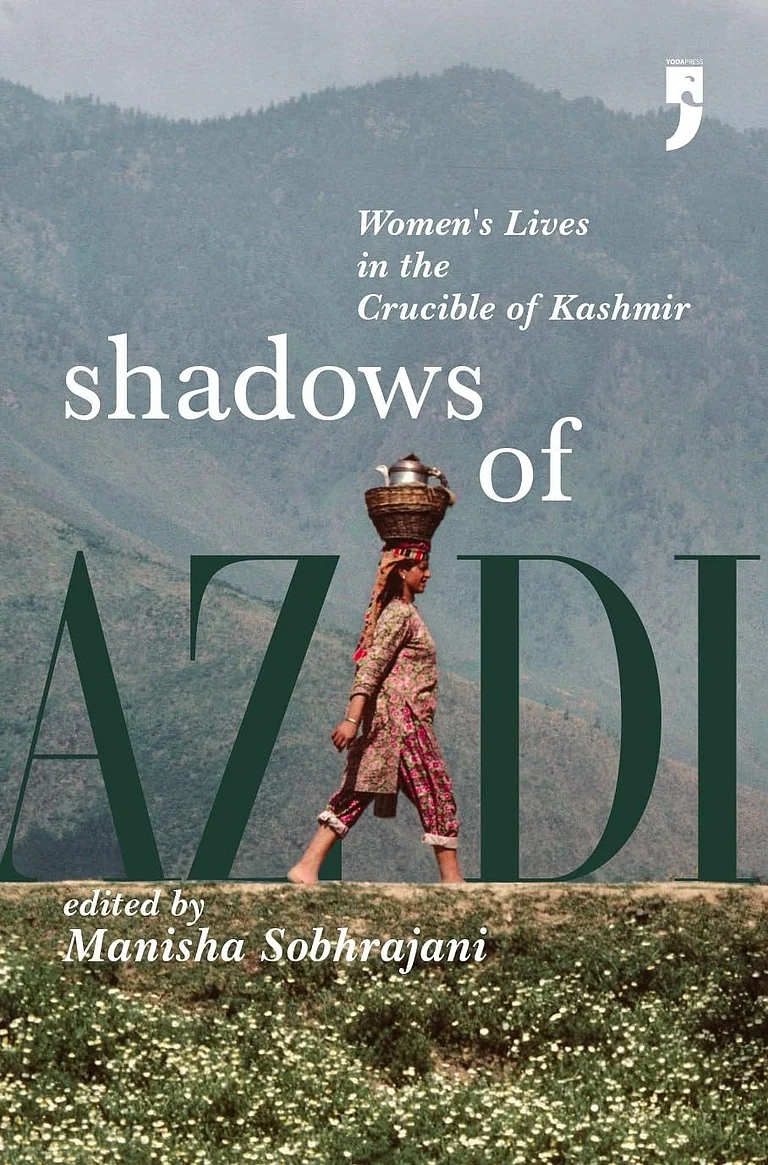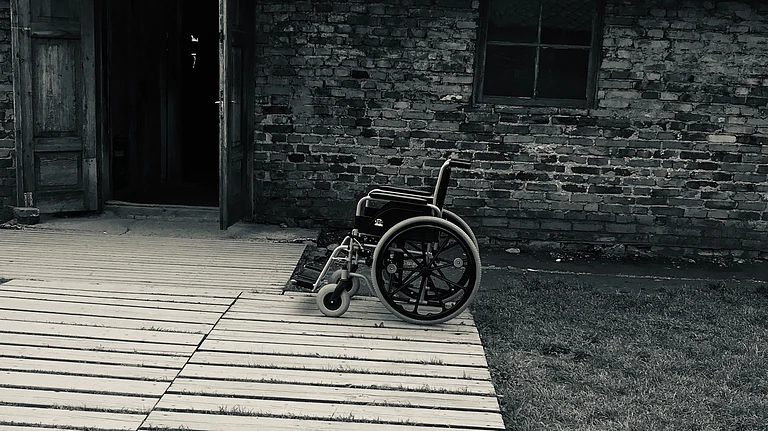The Ministry of Information and Broadcasting has directed The Caravan magazine to take down one of its stories within 24 hours failing which the URL of the story would be blocked, according to a tweet by the publication on X. The story titled ‘Screams From The Army Post’, authored by senior journalist Jatinder Kaur Tur was published on February 1 and talked about “the Indian Army’s torture and murder of civilians in a restive Jammu”. The story followed the accounts of the deaths of three civilians in December, last year, who were taken in for questioning by the Rashtriya Rifles regiment of the Indian Army following the ambush by terrorists in the Poonch-Rajouri area in Jammu and Kashmir in which four army soldiers were killed.
The tweet also read that the contents of the order were confidential and that Caravan would be challenging the order. India ranked 161st out of 180 countries on the World Press Freedom Index 2023 and this instance has raised concerns with regards to the continuous crackdown on media as a whole in India, especially in the aftermath of the telecommunication and broadcast bills which were passed in December last year.
The Centre’s increasing control on media
The concerns surrounding Government censorship have increased on the global forum. The order against Caravan was issued under section 69A of the Information Technology Act 2000 which empowers the government of India to block information from public access if it has the potential to impact “India’s sovereignty and integrity, defence, security of the state, friendly relations with foreign states, public order, and preventing incitement of any cognisable offence related to the above”.
Besides the blocking rights vested by the Act, the recent legislations catering to media- Telecommunications Bill of 2023, the Broadcasting Services (Regulation Bill 2023), and the Digital Personal Data Protection Act of 2023, experts have pointed out how these act expand the its Centre’s control over media in all forms, and digital content without any mentioned demarcations, be it text, audio or visual. The Acts also allows the state to suspend programmes on broadcast and online platforms keeping national security in mind, while playing into the ambiguity of the definition of telecommunication services and ‘broadcast’, when it encompasses the digital realm. As many critics have pointed out, this exposes the existing space of independent news and media organisations to censorship from the government.
As mentioned in a report by the Indian Freedom Foundation written by Tejasi Panjiar and Pratik Waghre "Clause 20 in the Telecom Bill, 2023, whether it is the Union government’s power to temporarily possess, suspend, intercept, detain any telecommunication service [20(1)(a)], to intercept, detain, disclose, or suspend any message or class of messages [20(2)(a)], to direct suspension of any telecommunication service or class of telecommunication [20(2)(b)], or to notify encryption and data processing standards [19(f)], cements the colonial powers of the Union government, which upon misused and if extended to internet services, may become nothing less than draconian."
Previous instances of governmental censorship
On 27 January 2024, Hindutva Watch, a US-based group on X, documenting instances of hate crime and hate speech against India’s religious minorities, became inaccessible in India. In a report by Article 14, Raqib Hameed Naik, the founder of the group, was sent a formal notice by the Ministry of electronics and Information Technology(MEITY), following which the account was blocked for viewers in India. Naik was not informed of the reasons or the grounds for the same. The report further stated that, over the past two years, X had informed Naik of 26 similar legal demands from both the government of India and state law agencies—most under BJP state governments—to remove some of Hindutva Watch’s posts.
In 2018, MEITY blocked a satirical website called Dowry Calculator which allowed people to calculate dowry amounts based on different social parameters. The founder had filed an RTI and a petition to the Delhi High Court following that, citing reasons that he was not given any advance notice or granted a hearing before MEITY before a direction was passed, for blocking his website. On 11 May 2022, the Delhi high court directed MEITY to provide a copy of the ban order to the founder, which was the first time the Government was asked to provide a copy of the blocking order.
The Kashmir Walla, a media organisation founded by Fahad Shah in 2009, had become one of the major sources of information on the ground realities of the Kashmir valley following the abrogation of Article 370. In August 2023, the website was banned and its social media accounts were disabled by the ministry exercising similar rights under the IT Act 2000. In a statement, the team said that they “were unaware of the circumstances relating to why its website was blocked in India, why its Facebook page was deleted, and why its Twitter account was disabled.”
In November 2023, the Jammu & Kashmir and Ladakh High Court granted bail to Shah, who had been arrested in February 2022 and booked under the Public Safety Act, and ordered his release. Sajad Ahmad Dur, a trainee reporter also with The Kashmir Walla was arrested and charged under the Public Safety Act last year for posting a “video of family members and relatives raising anti-India slogans after the killing of their kin, a militant, in a gunfight in Srinagar”. His detention was quashed by the HC, terming it “an abuse of the preventive law.”
Most of the cases of profiles being disabled and posts being taken down, have been reportedly on X. Experts have pointed out how X, following Elon Musk’s arrival, has become complicit in the Government’s attempts to crackdown on freedom of speech and expression. In an interview with a US-based YouTube channel, Jack Dorsey, the former CEO of Twitter, said India had requested removal of several tweets and accounts linked to the farmers' protest in 2020. "India, for example, was a country that had many requests around the farmers' protests, around particular journalists that were critical of the government," he said. According to Dorsey, it manifested in ways of threats of shutting Twitter down in India or raiding the homes of the employees or shutting down offices. According to the BBC, the Indian government had asked Twitter to remove tweets and hashtags which they believed could be attributed to Pakistan-backed Sikh separatist groups, in the wake of the farmers’ protests in 2020.


























